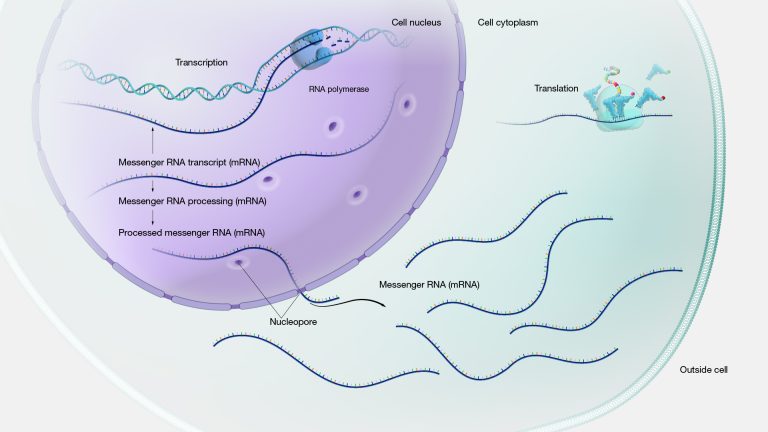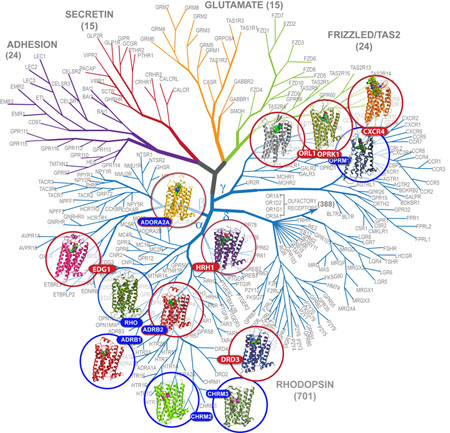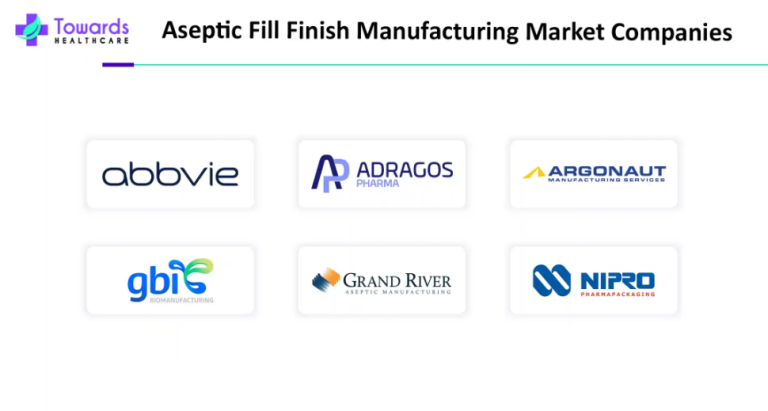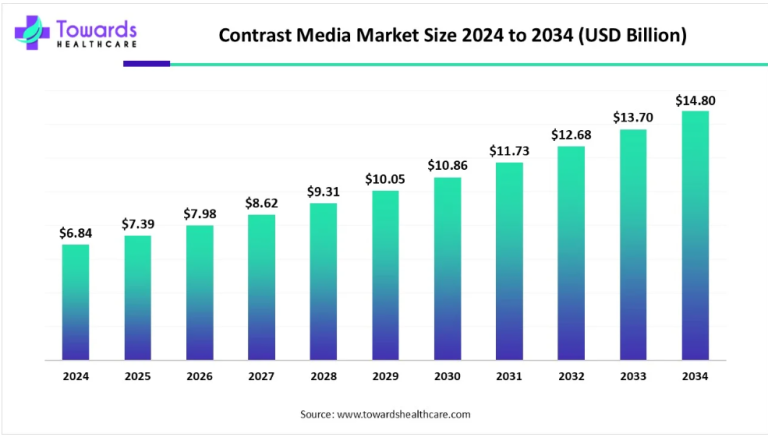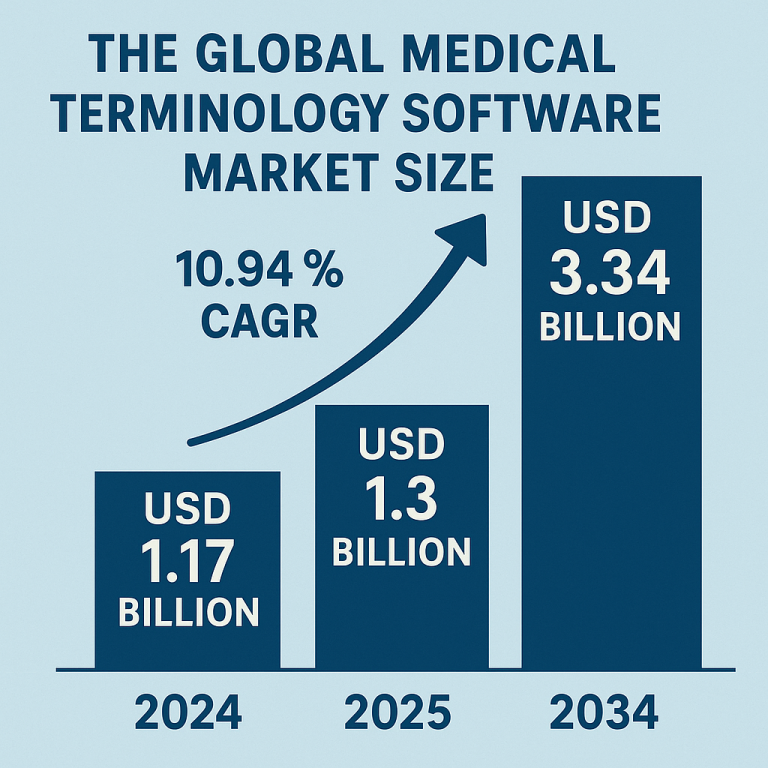
Growing Demand in Different Industries Drives the U.S. Biotechnology Market
Biotechnology has applications in various industries, such as agriculture, pharmaceuticals, environmental conservation, food production, and energy. In agriculture, biotechnology is used to develop genetically modified crops with higher yields and resistance to pests and diseases. In the pharmaceutical industry, biotechnology plays a crucial role in the development of new drugs, personalized medicine, and gene therapy. Environmental biotechnology is focused on waste management, pollution control, and the development of renewable energy sources.
Additionally, biotechnology is utilized in the production of biofuels, bio-based materials, and bio-based chemicals, contributing to the energy industry. In the food industry, biotechnology is employed for food processing, quality improvement, and the development of genetically modified organisms with enhanced nutritional value. These applications demonstrate the diverse and far-reaching impact of biotechnology across multiple industries, highlighting its importance in addressing global challenges and improving our quality of life.
Download a sample of this report @ https://www.towardshealthcare.com/personalized-scope/5163
Adoption of GMO Crops in the U.S. from 2010 – 2023
Ethical Concerns Restrain the Market’s Growth
There are several ethical concerns associated with biotechnology that prevent the growth of the U.S. biotechnology market. A number of ethical considerations apply to biotechnology, including those of justice and human dignity, science and technology ethics, medical ethics, and more. Diverse cultural perspectives and values exist, and their enduring notion is reflected in these values. Biotechnology may occasionally undermine these cultural ideas; thus, this is something to be cautious about. One of the most difficult problems is modifying the genes of different crops to create hybrids. The fact that biotechnology offends people’s religious sensibilities is one of the main problems it encounters. Developmentally speaking, bioethics in biotechnology has always been challenging. However, upholding moral integrity is also a crucial responsibility for a developer or scientist.
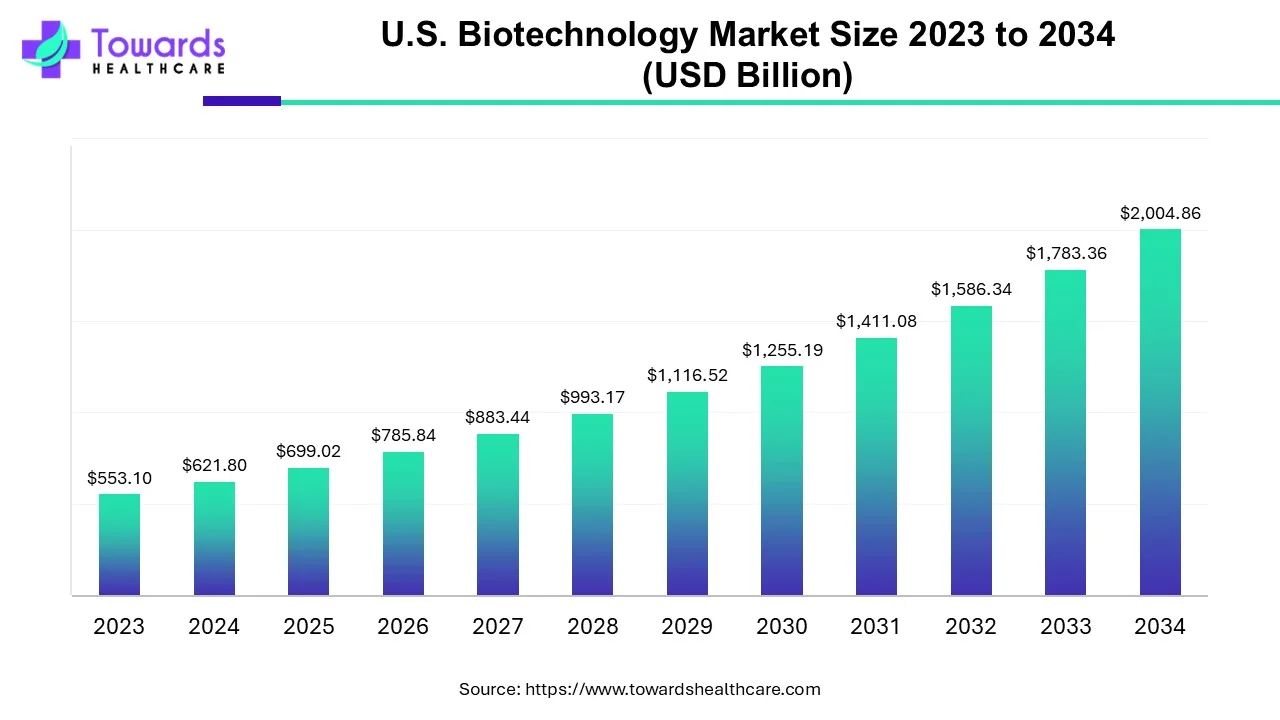
Biofuels Hold Great Opportunity for the U.S. Biotechnology Market’s Growth
Concern over converting biomass to biofuel is growing again as a result of rising energy costs and the depletion of fossil resources. Biofuels that come from sustainable feedstocks can be used to fulfill almost 25% of global transportation fuel demand by 2050. They are also considered ecologically benign fuels. In addition, it is anticipated that biofuels would lessen dependency on foreign oil, cut greenhouse gas emissions, and boost local economies by increasing the demand and cost of bioproducts and generating jobs. Due to their notable qualities, which include their low sulfur content, higher cetane number, higher flash point, improved ignition property, and overall lower emission of CO2 and other toxic pollutants, biofuels have recently attracted a lot of attention as potential replacements for fossil fuels. They can be used directly or blended with fossil fuels in different ratios.
For instance, in September 2023, the AlgaePrize 2023–2025 Competition was launched by the U.S. Department of Energy’s (DOE) Bioenergy Technologies Office in collaboration with the National Renewable Energy Laboratory and the Algae Foundation. By developing innovative solutions that enable gigaton-scale algae commercialization, the competition pushes students to become the next wave of bioeconomy specialists. Student competitors will create practical solutions for the production of industrial chemicals, meals, feeds, ecological services, and biofuels over the course of the next two years.
U.S. Biotechnology Market Report Highlights
Technology Insights
DNA Sequencing: In 2023, DNA sequencing led the U.S. biotechnology market. This technology is vital across numerous fields, including medicine, where it aids in epidemiological research, illness diagnosis, and therapy. It holds the potential to revolutionize public health, plant and animal safety, food safety, and sustainable agriculture. DNA sequencing enhances agricultural efficiency through the breeding of disease-resistant plants and animals, ultimately reducing disease outbreaks. It also has the capacity to protect and improve human and wildlife habitats.
DNA sequencing is crucial in genomics research, aiding in the interpretation of an organism’s full genomic sequence and advancing our understanding of genomic structure and composition. It is instrumental in diagnosing and treating hereditary disorders, detecting microbial infections, and identifying tumorigenic gene alterations, thus supporting the development of personalized medicine.
For instance, the National Institutes of Health’s “All of Us Research Program” has made about 100,000 diverse whole genome sequences accessible, with 50% of the data representing historically underrepresented racial or ethnic groups in research.
Nanobiotechnology: The nanobiotechnology segment is projected to grow at the fastest rate during the forecast period. Nanobiotechnology focuses on creating and modifying materials at the nanoscale, a field that is rapidly expanding with commercial applications. This technology has promising uses in regenerative medicine, drug delivery, and diagnostic medical testing.
Application Insights
Healthcare: The healthcare segment dominated the U.S. biotechnology market and is expected to maintain its dominance throughout the forecast period. Biotechnology has significantly impacted the healthcare industry, transforming disease diagnosis, treatment, and prevention methods. Advances in molecular biology, genetics, and nanotechnology have enabled biotech companies and researchers to develop innovative drugs, vaccines, diagnostic tools, and other healthcare products. These advancements have led to new treatments for diseases like cancer and hereditary conditions, as well as the detection and treatment of infectious diseases such as HIV through novel antiretroviral drugs and diagnostic tools.
For instance, in April 2024, Walgreens announced a collaboration with pharmaceutical companies to offer cell and gene therapies in the U.S., including a new licensed facility in Pittsburgh dedicated to these services. Additionally, Johnson & Johnson (J&J), a global healthcare organization, reported $85.2 billion in sales in 2023, with significant contributions from its Innovative Medicine and MedTech sectors.
Bioinformatics: The bioinformatics segment is expected to grow at the fastest CAGR during the forecast period. Bioinformatics involves developing software and algorithms to extract knowledge from biological data, with applications in gene and proteome analysis, image analysis, drug discovery, and more. Precision and preventive medicine, which aim to develop strategies to avoid, manage, and treat dangerous infectious diseases, heavily rely on bioinformatics to improve our understanding of biological mechanisms.
For instance, in July 2023, Bertis announced the launch of its Pan-omics Analysis Service & Solution (PASS) in the U.S. through its subsidiary, Bertis Bioscience Inc. PASS utilizes Bertis’s expertise in pan-omics and in-house bioinformatics and AI technology to offer services such as protein identification, biomarker discovery, drug development, and clinical research.
Recent Developments in the U.S. Biotechnology Market
- April 2024: Fresenius Kabi’s Tyenne® became the first tocilizumab biosimilar approved by the FDA for intravenous and subcutaneous use. This biosimilar provides U.S. patients with a high-quality, affordable, and secure therapy option, building on its initial success in Europe.
- February 2024: AstraZeneca announced a $300 million investment in a state-of-the-art facility in Rockville, Maryland, to introduce its cell therapy platforms for crucial cancer studies and potential commercial supply. This facility is expected to create over 150 new jobs, primarily focused on T-cell treatment production, with the potential to expand to other disease areas in the future.
Read more about U.S. Biotechnology Market:
To own our research study instantly, Click here @ https://www.towardshealthcare.com/price/5163
You can place an order or ask any questions, please feel free to contact us at sales@towardshealthcare.com
About Us
Healthcare Web Wire is a premier subsidiary of Towards Healthcare, dedicated to providing comprehensive insights and information related to the healthcare industry. With a commitment to delivering accurate and timely updates, Healthcare Web Wire serves as a vital resource for professionals, enthusiasts, and stakeholders within the healthcare sector. Our platform serves as a central hub for the latest news, trends and developments shaping the healthcare landscape. Join us on Healthcare Web Wire and become part of a vibrant community dedicated to advancing healthcare knowledge and shaping the future of healthcare worldwide.
Explore the comprehensive statistics and insights on healthcare industry data and its associated segmentation: Get a Subscription
For Latest Update Follow Us: https://www.linkedin.com/company/towards-healthcare
